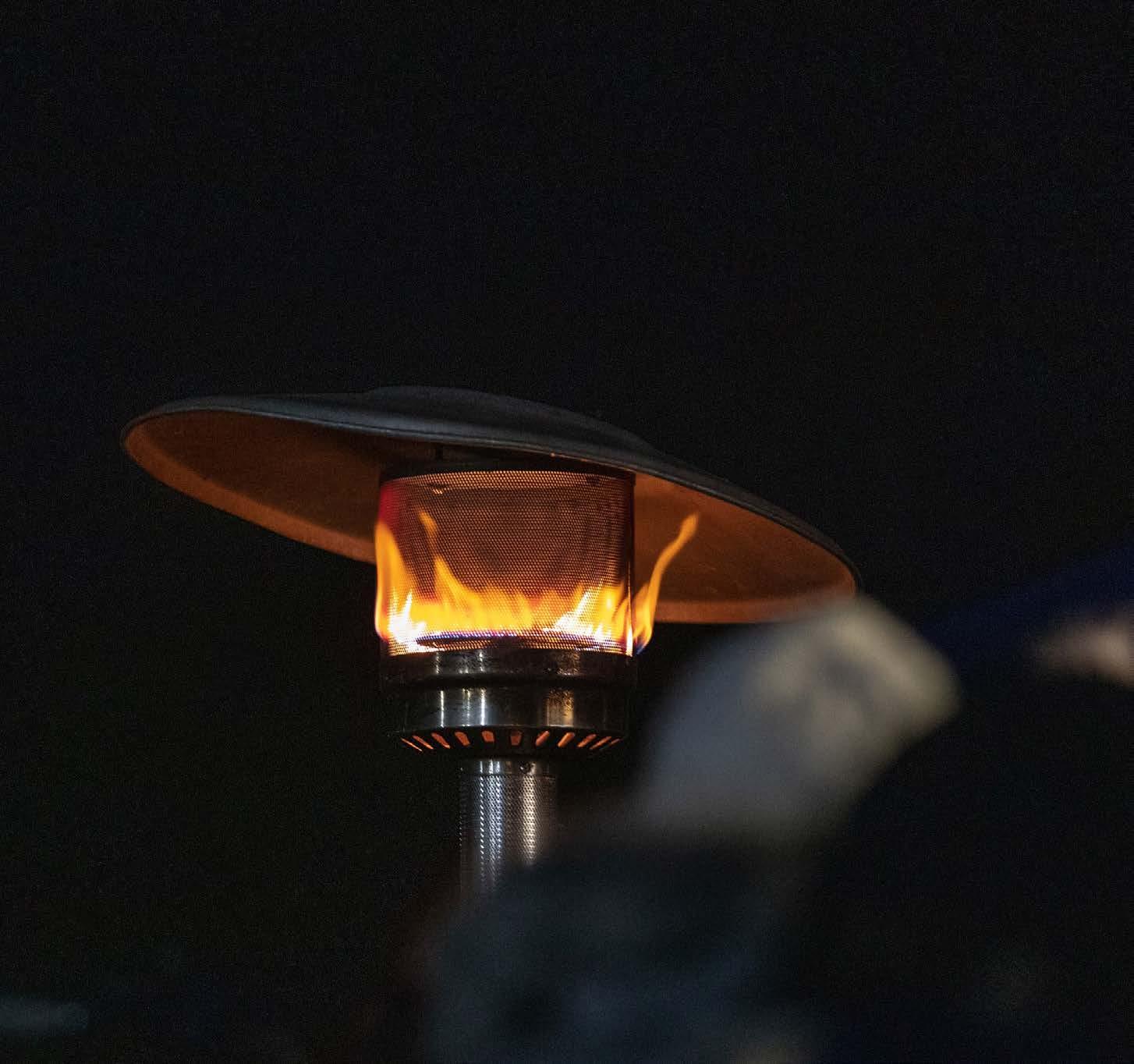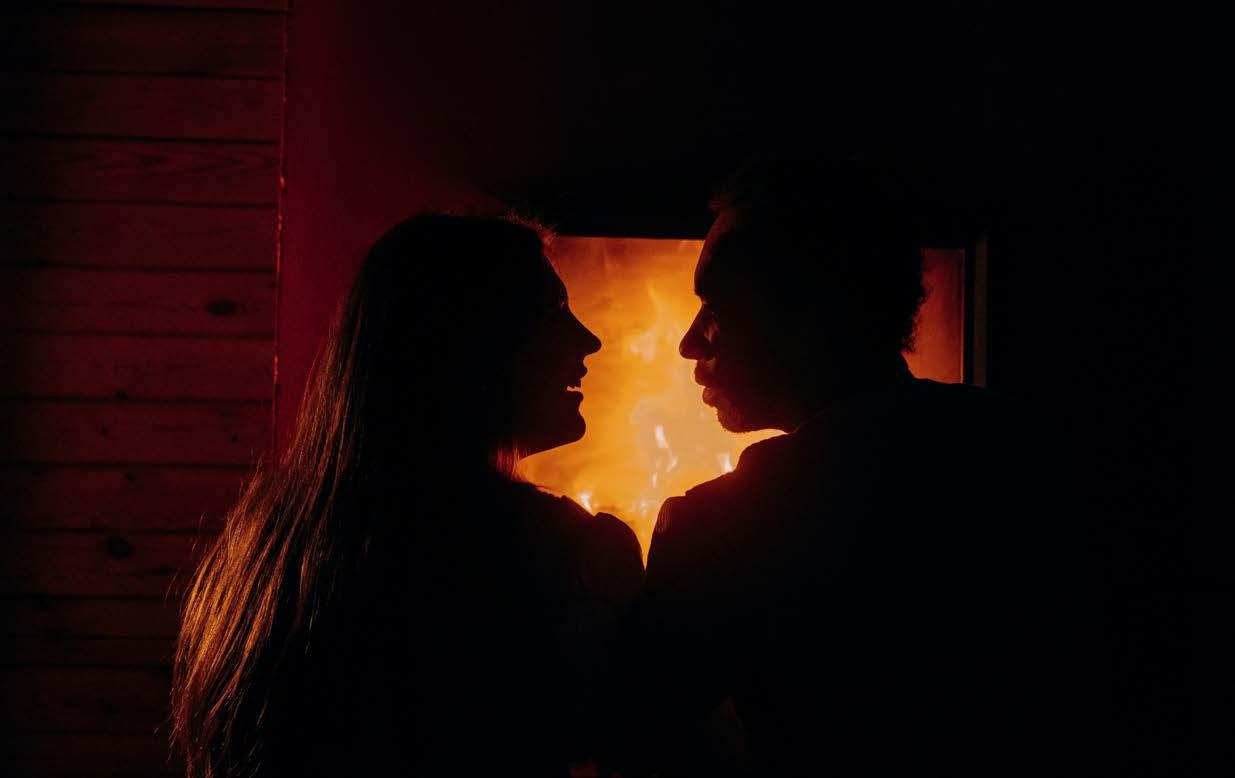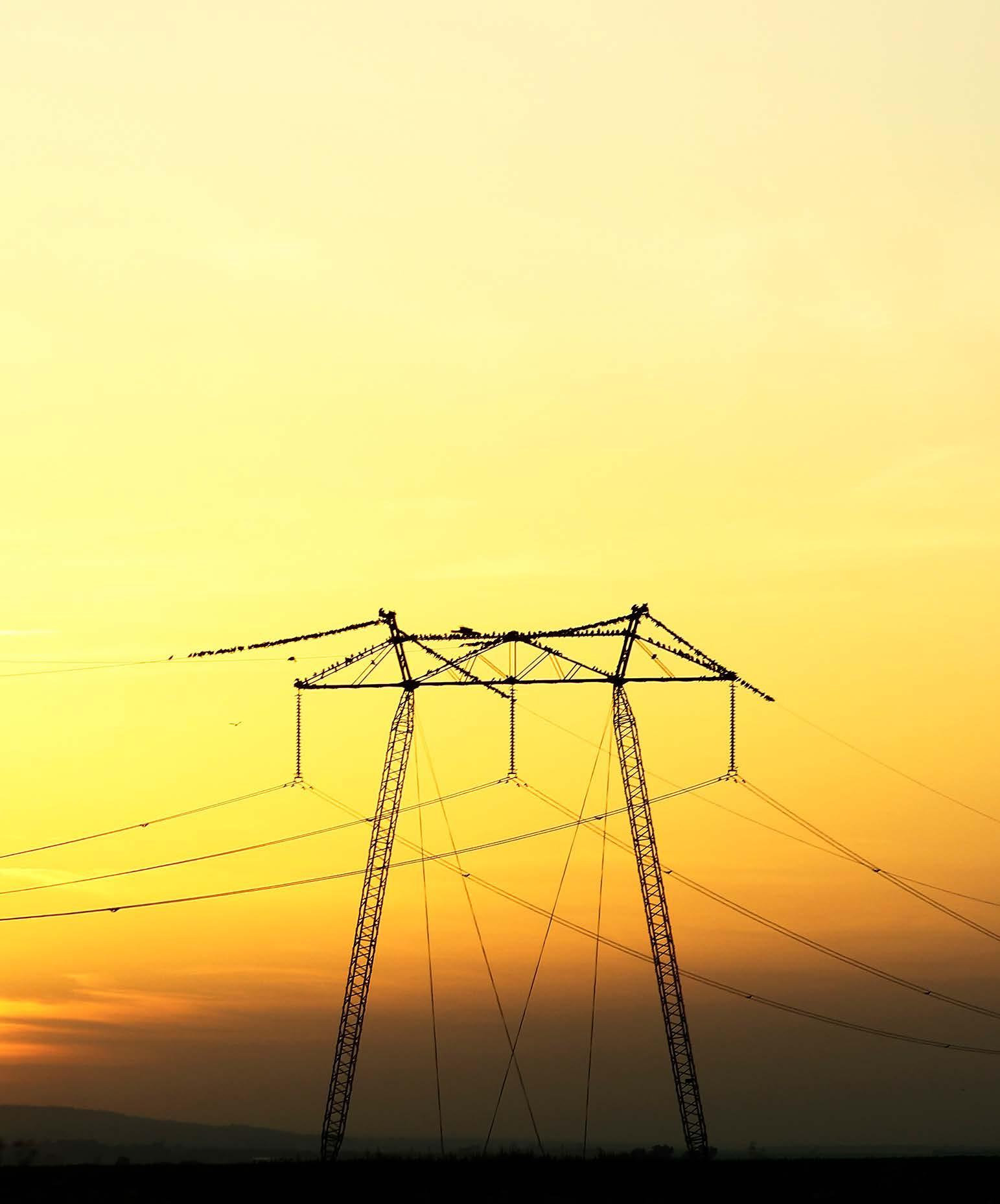
2 minute read
Hot energy alternatives
WORDS VIVIEN HORLER
With load shedding an ever-present threat, we need to find alternative sources of energy in our houses especially in winter. Here are some ideas
Advertisement
EVERY indication is that load shedding will be with us for the foreseeable future, so we might as well invest in some green solutions.
Some are expensive, some are not, but to save our sanity we need to make a plan – or two.
We can’t rely on Eskom but in South Africa we can rely on the sun. Solar solutions usually require a substantial investment but this can pay off in the long run. Estate agents report that homes fitted with solar solutions, such as inverters and geysers, are sought after by buyers.
Solar geysers provide hours of free hot water, and even after a couple of grey days, still function adequately.
Solar inverters provide electricity by taking direct current from the solar panels on the roof and transforming it into alternating current that can be used to power an entire house, depending on the size of the set-up, or just a few items like the fridge, computer, television and some lights.
Another option is to switch to gas. The expensive option would be to install a gas hob and oven; the cheaper option is to buy a small cylinder and a single ring-burner that can be used to boil water or soup or make a fry-up.
If you opt for a gas hob, invest in a stove-top kettle for boiling water (or a saucepan will do). Gas heaters are extremely efficient and will heat a large room with ease.
The trick when using gas for heating and cooking is to have at least three cylinders: one for the heater, one for the stove and a full one stored in the garage for when one of the other two runs out.

There are various rules and regulations about storing gas cylinders in a domestic residence, so check on what is allowed in your area and what is not.
Alternative light sources can be provided safely and cheaply in a variety of ways. Gas camping lamps give excellent general lighting and a head torch will make for the kind of focused lighting needed for activities such as cooking or reading.

Solar lights are effective – Consol Glass makes little solar lamps that provide the same sort of warm glow achieved by candles and paraffin lights – but much more safely. Battery-operated LED lamps also give a pleasant glow.
Working on a computer during a power outage is trickier. An uninterruptible power supply (UPS) tends to run flat fairly quickly but will provide enough power to save anything you’ve been working on.
A power bank is useful if you’ve forgotten to charge your cellphone – remember to keep the power bank charged. Some routers can be powered by a power bank. And you can always use your phone as a hotspot to connect to the internet.
As for entertainment, there are several solutions. Download films and audiobooks in advance. Play cards and games. Or go outside and admire the bright night sky.











